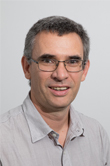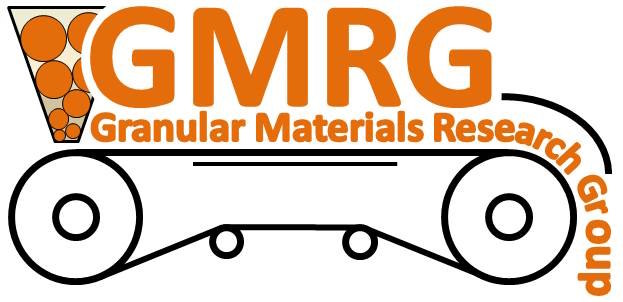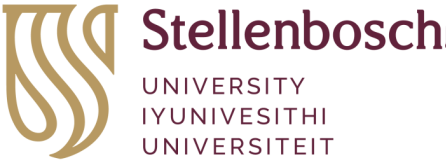
The group’s expertise in optimisation theory and algorithm development, finite element methods (FEM), computational fluid dynamics (CFD), discrete element methods (DEM) and continuum methods is world-renowned. Their work is backed up with excellent experimental work in well-equipped laboratories. The DEM work is applied to mining and earthmoving equipment, particle dampers, conveyors, etc. The optimisation methods are often linked to the FEM and CFD work in applications related to fluid structure interaction, turbomachinery, combustion and various renewable energy technology applications. The group also has expertise in the modelling and simulation of metal casting processes with emphasis on solidification analysis and segregation. Besides workstations and GPU (graphics processing unit) based computing this work is supported by access to the faculty’s cluster computing resources.
The Department offers a master’s programme and also individual modules for part-time students. This is aimed at practising engineers who are keen to expand their capabilities without interrupting their work.
Materials Optimisation Design (MOD)
The research group’s members work on a diverse group of projects related to structural analysis and optimisation. The primary goal of which is producing or facilitating advanced engineering design.
Finite element analysis (and other numerical simulations), numerical design optimisation, material characterisation for numerical modelling purposes, meta-modelling, etc. are all of interest. Any application of these are welcome here.
Granular Materials Research Group (GMRG)
The flow and behaviour of granular material is an ongoing research subject for many years because of its importance in industrial processes such as bulk materials handling, comminution, mixing, consolidation, etc. A great wealth of information exists in these fields but most of the information is in the form of empirical formulas and curve fits. Soil mechanics and earthmoving are two of the historic research areas where much work was done. The empirical behaviour of soils and rocks is well documented and various numerical models were developed.










